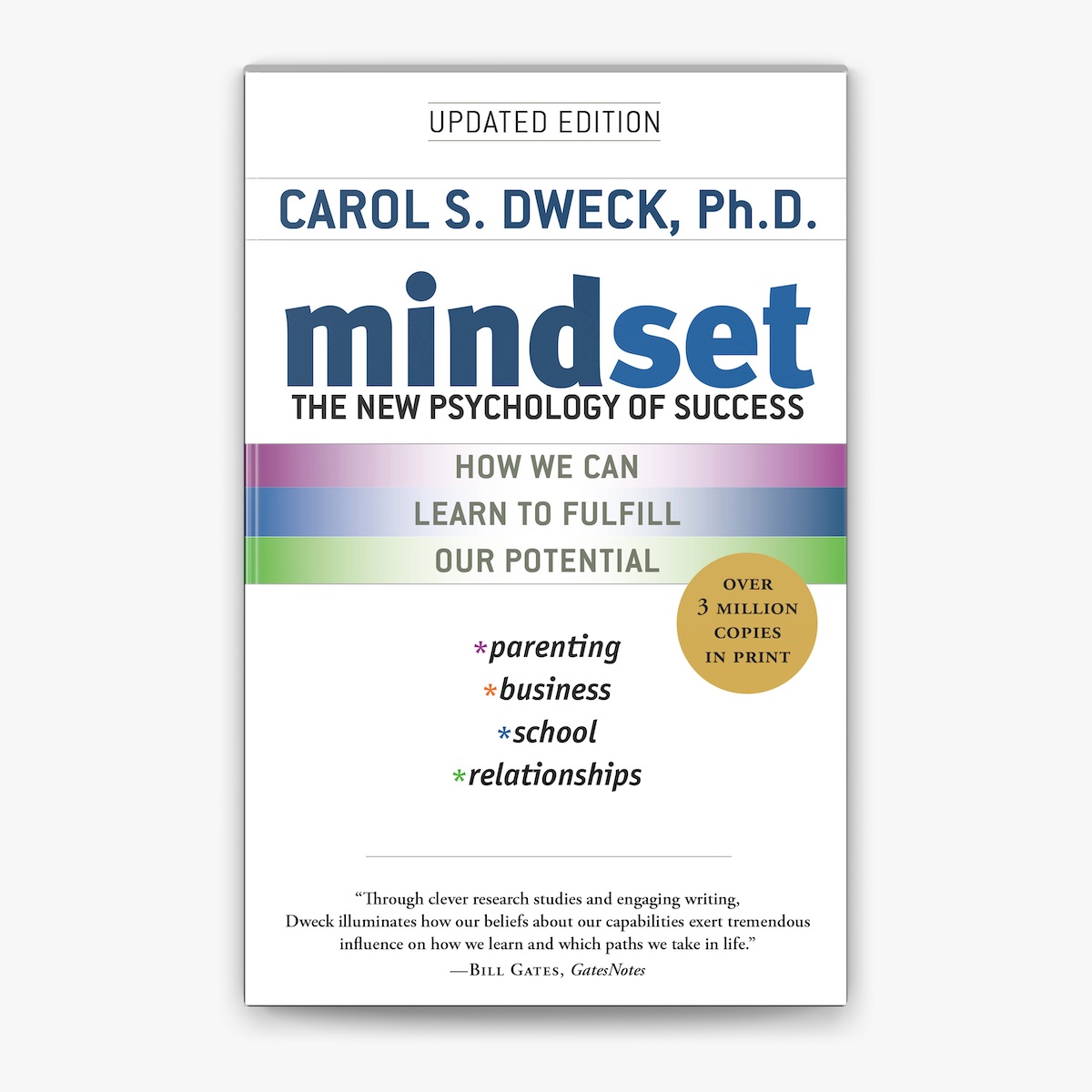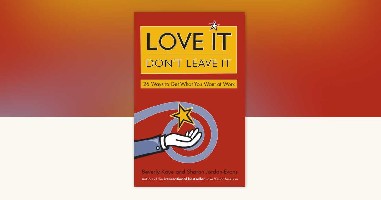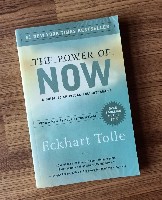 The New Psychology of Success
The New Psychology of Success |
| The New Psychology of Success |
 
|
 كتاب اليوم كتاب اليوم |
 أضيف بواسطة RAWAN أضيف بواسطة RAWAN |
“Mindset: The New Psychology of Success” by Carol S. Dweck is a deep exploration of how belief shapes human potential. She introduces two fundamental mental frameworks: the fixed mindset and the growth mindset. People with a fixed mindset believe that intelligence, talent, and personality are permanent. They see ability as something you either have or you don’t. Dweck explains this clearly when she writes, “People with a fixed mindset expect ability to show up on its own before any learning.” In contrast, the growth mindset sees intelligence and skill as flexible and expandable. Someone with this mindset believes talent grows through practice, effort, failure, and learning. As she states, “Becoming is better than being.”
Chapter 1: The Two Mindsets In the fixed mindset, failure is a threat, mistakes are proof of inadequacy, and effort feels pointless. A fixed-minded person may say “I’m not smart enough,” and stop trying. But in the growth mindset, effort means progress. Challenges are not obstacles, but opportunities. Dweck emphasizes, “In a growth mindset, your true potential is unknown — and unknowable.” This opens limitless possibility.
Chapter 2: Why Mindset Matters in School The book shows how mindsets shape education. Students with a fixed mindset try to look smart instead of becoming smart. They avoid hard tasks and give up quickly. Meanwhile, growth mindset students embrace difficulty. They persist, seek feedback, and understand that mastery requires struggle. Dweck describes experiments showing that praising effort builds resilience, while praising intelligence creates fear of failure. Children who were told “You’re so smart” later avoided challenges, but children praised for effort tried harder problems and succeeded long-term. The simple shift from judging intelligence to valuing effort changes academic futures.
Chapter 3: Mindset in Sports and Skill Mastery Dweck applies her model to athletics. A fixed mindset athlete may rely on talent and collapse under pressure. When failure comes, they quit or make excuses. But athletes with a growth mindset analyze errors, practice harder, and evolve. They believe skill is built, not born. She highlights that many champions were not prodigies — they simply refused to stop improving. As she writes,“Effort is what ignites ability and turns it into accomplishment.”
Chapter 4: Relationships and Personal Life Mindset also impacts how people love, communicate, and handle conflict. A fixed mindset person sees problems in relationships as signs the relationship is broken. They believe good relationships should be effortless. If conflict appears, they withdraw. A growth mindset partner sees difficulties as chances to understand each other better. They talk, adapt, and grow. Dweck shows that relationships thrive when both people are willing to learn rather than defend their ego.
Chapter 5: Work, Leadership, and Success In workplaces, fixed mindset employees need to look flawless. They hide mistakes and fear feedback. Leaders with this mindset create environments of blame, comparison, and pressure. But growth mindset leadership encourages learning, risk-taking, and open communication. Teams grow faster when failure is treated as data rather than shame. Dweck writes, “The great leaders were not the smartest in the room, but the most willing to learn.” Success becomes a continuous journey, not a destination.
Final Insight of the Book The core message is powerful: your mindset shapes your destiny more than your talent ever will. The brain grows through effort. Abilities evolve with practice. A person can rewrite their future by choosing growth. Failure is not the end — it is the beginning of improvement.
|
| المشاهدات 617 تاريخ الإضافة 2025/11/27 آخر تحديث 2025/11/27 - 23:12 رقم المحتوى 1603 |
 أخبار مشابهة
أخبار مشابهة





